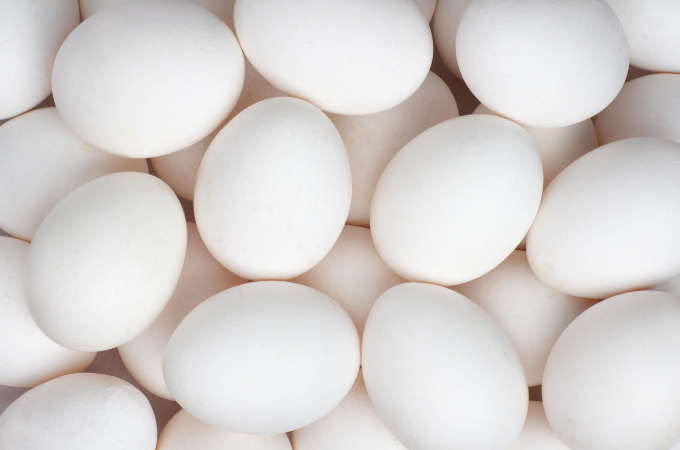Recently, Dr. Shruti Malik of our Fair Oaks and Woodbridge, VA offices joined the Glow App to answer egg freezing questions from a personal and physician perspective.
Fertility technology proved itself astounding with the invention of egg freezing, which originated in the ‘80s and has, since, come a long way. Egg freezing serves as an extremely useful option to preserve fertility and eventually build a family—nearly eradicating the factor of age as part of the fertility equation.
By using a technique called vitrification to flash-freeze eggs, Shady Grove Fertility’s Egg Freezing Program essentially ensures the quality of the existing egg by minimizing the ice crystals in the egg that would have otherwise resulted from the slow-freeze process. Due to the complex nature of the ovum, egg freezing requires extensive experience and precision to ensure the procedure’s success.
In a recent online expert Q&A, Dr. Shruti Malik delves into the most pressing egg freezing questions.
Common Egg Freezing Questions
Q: What does your ovarian reserve need to be to do the procedure
A: While there is no specific cutoff, it’s best to have an FSH (follicle-stimulating hormone) level over 10, AMH anti-Müllerian hormone) level over 1, and antral follicle count over 10. Learn more about FSH and AMH.
Q: How long do the frozen eggs remain viable?
A: : Indefinitely! So whenever you’re ready to use them, they’ll be there.
Q: How long does the procedure take? Will I have to take time off from work?
A: Usually, it takes about 10 to 12 days for the actual cycle. You will only need to take off the day of the egg retrieval, since you will be sedated via IV medications.
Q: I’m considering this, but am undecided between the fast freeze and slow freeze. Thoughts?
A: I would say to definitely go with rapid freezing, otherwise known as vitrification. The switch from slow freeze to vitrification is a large part of why egg freezing is so much more successful in recent years.
Q: What is the most common reason for freezing your eggs?
A: A lot of women are doing it electively to preserve their egg quality and fertility options for the future. Many women may not be ready for a family at this time but since fertility diminishes as we age, it’s harder to conceive later in life. Some women also freeze their eggs before starting cancer treatment such as chemotherapy or radiation, because some treatments can hurt the eggs a woman has and cause infertility.
Q: Who is the right type of person for egg freezing? What are some of the characteristics that your egg freezing patients share?
A: The ideal age for egg freezing is 30 to 38. But if you’re thinking of it, I would consider making an appointment for fertility testing and meet with a doctor to discuss your options. Ninety percent of our patients have insurance to cover those first steps. I’ve also had young and healthy patients with lower than expected fertility opt to freeze their eggs and preserved their chance to have a family later.
A word about egg freezing from Dr. Malik:
Call 1-877-411-9292 to learn more about egg freezing or to schedule an egg freezing appointment. Learn more at one of our upcoming events.
Medical contribution from Shady Grove Fertility physician, Dr. Shruti Malik. A little about Dr. Malik:
Dr. Malik is board certified in reproductive endocrinology and infertility. She has expertise in the diagnosis and treatment of infertility, including polycystic ovary syndrome, male factor infertility, and ovarian aging. She is also accomplished in the areas of fertility preservation and elective egg freezing.






